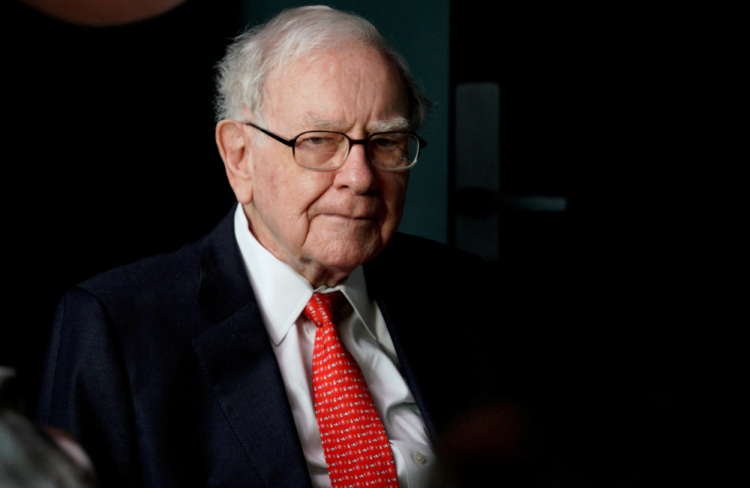Investing
Analysis-Headwinds facing Buffett’s Berkshire Hathaway have some investors fretting
Published by linker 5
Posted on May 3, 2021
1 min readLast updated: January 21, 2026

Published by linker 5
Posted on May 3, 2021
1 min readLast updated: January 21, 2026

Explore more articles in the Investing category











